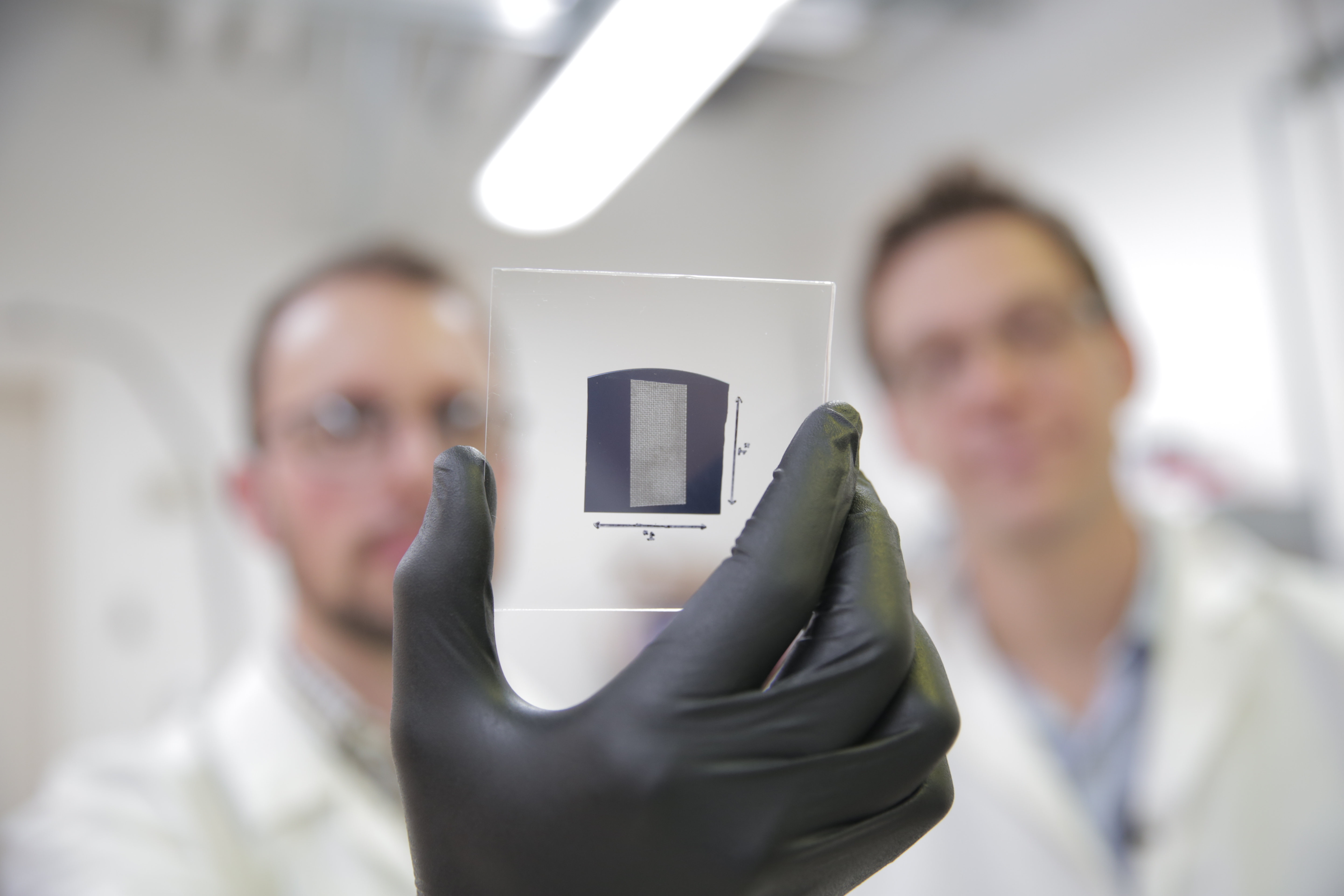
Computers may be growing smaller and more powerful, but they require a great deal of energy to operate. The total amount of energy the U.S. dedicates to computing has risen dramatically over the last decade and is quickly approaching that of other major sectors, like transportation.
In a study published online this week the journal Nature, University of California, Berkeley, engineers describe a major breakthrough in the design of a component of transistors...
Read More






Recent Comments